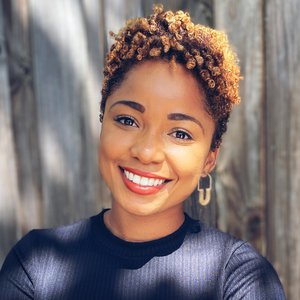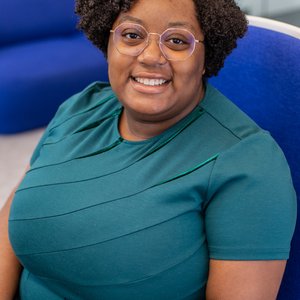ISD5: Collectively Envisioning Black Girl Futures
About
In this Working Group, our work sits at the crux of creative humanities and Black girlhood studies. We use literature and art to collectively reflect on our journeys as Black women working alongside Black girls to speculate Black girl futures.
Active since: 2022
Closed Group of Collaborators
- Syracuse University
- Cornell University
Collaborative Goals
Despite fragmented images of Black girls in schools and society, Black girls continue to dream about the futures they want to see for themselves (Turner & Griffin, 2020) and Black women dream alongside them. Thus, as a collective of Black women scholars and community members within and beyond Central New York, our Working Group has three aims:
- Reflect and remember our Black girlhoods;
- Speculate on Black girl futures through the arts; and
- Engage in readers workshops that center Black women writers and inform a way forward for Black girl community work.
We will also continue to invite guests from outside of the Corridor, to include Black women who work with Black girls in academic and community contexts. By centering the works of Black women artists and authors who speculate on Black imaginations and futures, we have had the opportunity to foster a space of remembering to collectively envision a way forward for Black girls in all spaces. To that end, we desire to utilize this phase of our working group to bridge the intrapersonal reflections of our group and interpersonal community building to foster intergenerational conversation with middle and high school aged Black girls from Central New York (including Ithaca, Syracuse, and Binghamton).
Group Organizers


Activities
Art Exhibition Viewing and Community Lunch
Nov. 11, 2023, 1:15 p.m.
Virtual Book Talk + Making Workshop
Oct. 16, 2023, 5 p.m.